 How can you live the life you want to, avoiding the distractions and manipulations of others? To do so, you need to know how you work. “Know thyself”, the Ancients urged. Sadly, we are often bad at this.
How can you live the life you want to, avoiding the distractions and manipulations of others? To do so, you need to know how you work. “Know thyself”, the Ancients urged. Sadly, we are often bad at this.
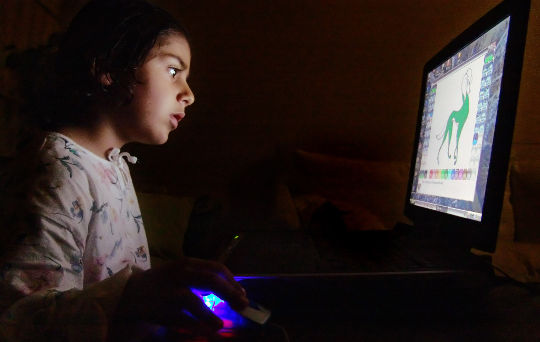 How young children use screen devices, rather than how much time they spend using the devices, may be the strongest predictor of emotional or social problems connected with screen addiction, new research suggests.
How young children use screen devices, rather than how much time they spend using the devices, may be the strongest predictor of emotional or social problems connected with screen addiction, new research suggests.
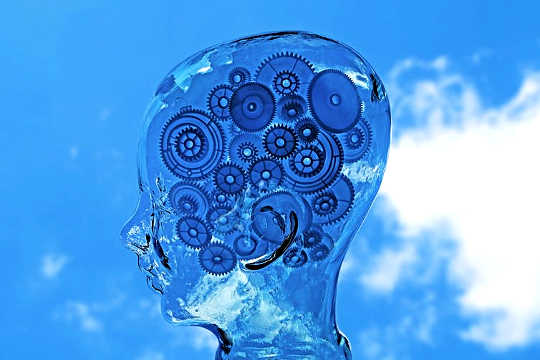 Decisions span a vast range of complexity. There are really simple ones: Do I want an apple or a piece of cake with my lunch? Then there are much more complicated ones: Which car should I buy, or which career should I choose?
Decisions span a vast range of complexity. There are really simple ones: Do I want an apple or a piece of cake with my lunch? Then there are much more complicated ones: Which car should I buy, or which career should I choose?
 What is net neutrality, this policy Ajit Pai, President Trump’s chairman of the Federal Communications Commission, has spent years criticizing? Here are some highlights of The Conversation’s coverage of the controversy around the concept of keeping the internet open...
What is net neutrality, this policy Ajit Pai, President Trump’s chairman of the Federal Communications Commission, has spent years criticizing? Here are some highlights of The Conversation’s coverage of the controversy around the concept of keeping the internet open...
 We all want to know how many jobs will be threatened by the rise of robots and technology. You might feel vulnerable if your job is one that could be affected.
We all want to know how many jobs will be threatened by the rise of robots and technology. You might feel vulnerable if your job is one that could be affected.

Gamers won’t be surprised. We and our colleagues have discovered a link between people’s ability to play video games and their general intelligence.
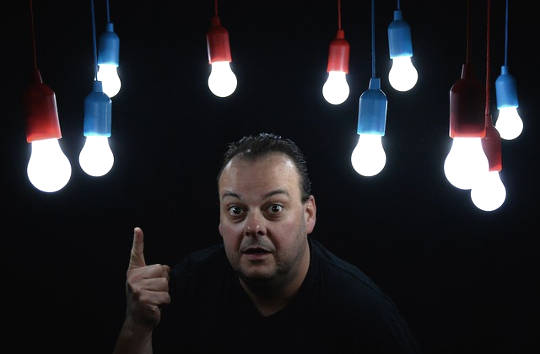 A new study recommends replacing all incandescent and halogen light bulbs in your home now with compact fluorescent lamps (CFLs) or LEDs.
A new study recommends replacing all incandescent and halogen light bulbs in your home now with compact fluorescent lamps (CFLs) or LEDs.
 Sheep are surprisingly smart. New research from the University of Cambridge shows the animals can learn to recognise people from photographs, even people they’ve never seen in real life, such as celebrities.
Sheep are surprisingly smart. New research from the University of Cambridge shows the animals can learn to recognise people from photographs, even people they’ve never seen in real life, such as celebrities.
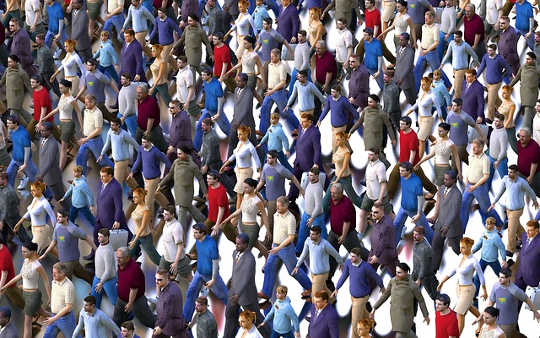 Most of us are familiar with the genetic differences between men and women. Men have X and Y sex chromosomes, and women have two X chromosomes. But a recent paper claims that beyond just genes on X and Y, a full third of our genome is behaving very differently in men and women.
Most of us are familiar with the genetic differences between men and women. Men have X and Y sex chromosomes, and women have two X chromosomes. But a recent paper claims that beyond just genes on X and Y, a full third of our genome is behaving very differently in men and women.
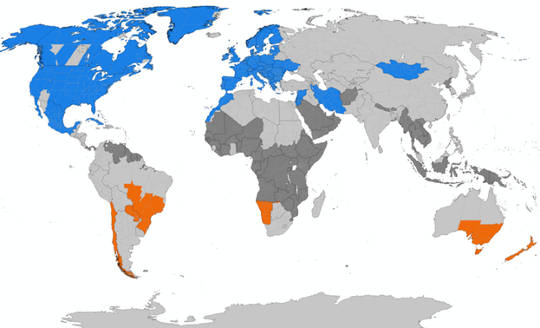 Today the sun is shining during my commute home from work. But this weekend, public service announcements will remind us to “fall back,” ending daylight saving time by setting our clocks an hour earlier on Sunday, Nov. 5. On Nov. 6, many of us will commute home in the dark.
Today the sun is shining during my commute home from work. But this weekend, public service announcements will remind us to “fall back,” ending daylight saving time by setting our clocks an hour earlier on Sunday, Nov. 5. On Nov. 6, many of us will commute home in the dark.
 Humans have always used simple observations of nature to try to understand our complex environment and even the wider cosmos.
Humans have always used simple observations of nature to try to understand our complex environment and even the wider cosmos.
 Every coastal country on Earth could meet its own domestic seafood needs through aquaculture using just a small fraction of ocean territory, a new study suggests.
Every coastal country on Earth could meet its own domestic seafood needs through aquaculture using just a small fraction of ocean territory, a new study suggests.
 Why do phones, tablets and computers always slow down as they get older, to the point that they become unusable, but when I back it up and restore it onto a brand new device, it’s fast again
Why do phones, tablets and computers always slow down as they get older, to the point that they become unusable, but when I back it up and restore it onto a brand new device, it’s fast again
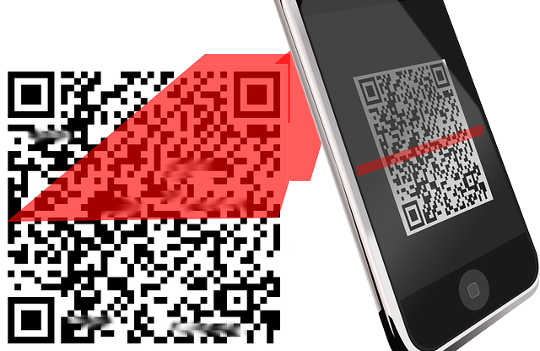 You’ve probably been told it’s dangerous to open unexpected attachment files in your email – just like you shouldn’t open suspicious packages in your mailbox. But have you been warned against scanning unknown QR codes or just taking a picture with your phone
You’ve probably been told it’s dangerous to open unexpected attachment files in your email – just like you shouldn’t open suspicious packages in your mailbox. But have you been warned against scanning unknown QR codes or just taking a picture with your phone

China, the world’s largest car market, is working on a timetable to stop the production and sale of vehicles powered by fossil fuels. India has declared its intention to make all new vehicles electric by 2030.
 As the Federal Communications Commission takes up the issue of whether to reverse the Obama-era Open Internet Order, a key question consumers and policymakers alike are asking is: What difference do these rules make?
As the Federal Communications Commission takes up the issue of whether to reverse the Obama-era Open Internet Order, a key question consumers and policymakers alike are asking is: What difference do these rules make?
 It should come as no surprise that the first recorded use of the number zero, recently discovered to be made as early as the 3rd or 4th century, happened in India. Mathematics on the Indian subcontinent has a rich history going back over 3,000 years and thrived for centuries before similar advances were made in Europe, with its influence meanwhile spreading to China and the Middle East.
It should come as no surprise that the first recorded use of the number zero, recently discovered to be made as early as the 3rd or 4th century, happened in India. Mathematics on the Indian subcontinent has a rich history going back over 3,000 years and thrived for centuries before similar advances were made in Europe, with its influence meanwhile spreading to China and the Middle East.
 Apple recently announced the launch of its iPhone 8 and iPhone X, which come with sleek, new features. Apple also hopes to start a new community around the iPhones.
Apple recently announced the launch of its iPhone 8 and iPhone X, which come with sleek, new features. Apple also hopes to start a new community around the iPhones.
 When kids believe they can achieve success in math and reading, they are more likely to achieve high test scores in those subjects, new research suggests.
When kids believe they can achieve success in math and reading, they are more likely to achieve high test scores in those subjects, new research suggests.
 In the next few years, you will probably have your first interaction with a medical artificial intelligence (AI) system.
In the next few years, you will probably have your first interaction with a medical artificial intelligence (AI) system.
 What do you think of when you think about mathematics? Many people find mathematics daunting. If true, this piece is for you. If not, this piece is still for you.
What do you think of when you think about mathematics? Many people find mathematics daunting. If true, this piece is for you. If not, this piece is still for you.
 Research into how we can keep our brains healthy as we age has gained momentum in recent years. There is now an increased focus on the changes that we can make to our health and lifestyle...
Research into how we can keep our brains healthy as we age has gained momentum in recent years. There is now an increased focus on the changes that we can make to our health and lifestyle...
- By Mike Bara
 The physics and the astrology say we are going to become even more polarized. We are here, all of us, in this time, to take sides. And by the way, it’s too late to shirk your responsibility. By even...
The physics and the astrology say we are going to become even more polarized. We are here, all of us, in this time, to take sides. And by the way, it’s too late to shirk your responsibility. By even...















